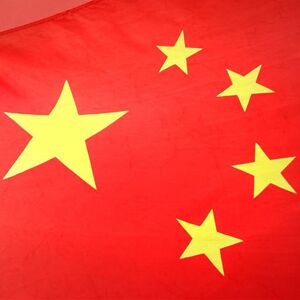
China Relies Less on American Market
Government officials and companies across China have come to realize the danger of overdependence on the U.S. market. Although overall exports to the United States continue to grow, Chinese sales to other nations are growing much quicker—and are reducing America’s relative importance as a trade partner.
Chinese business representatives present at China’s main trade fair held last week gave several reasons for the move to other markets, such as weaker growth in the American economy and trade barriers the U.S. government puts in place to protect its market.
However, the reason that weighed in the most was the decline of the dollar against China’s currency, making it more expensive for Americans to buy Chinese products. Officials in Beijing raised their currency by 2.1 percent against the dollar in July of 2005, and since then it has drifted up 5 percent more.
In the meantime, the rising value of the euro is making the European Union very attractive for Chinese exporters. China’s exports to the EU exceeded its exports to the U.S. for the first time in February.
According to a Goldman Sachs tabulation, China sent more than 31 percent of its exports to the U.S. in 2000, but by February of this year, that figure had dropped to 22.7 percent. The percentage of Chinese exports going to the EU rose slightly, while exports to India, Brazil and Russia have doubled over the last seven years to 32 percent this past winter.
Beijing gives ample support for Chinese business representatives to diversify their export markets, including providing trade missions to Africa and assistance with trade fairs in various countries. In some cases, the Chinese companies are running directly into American competitors.
Chinese companies and Beijing are working hard to wean themselves off their dependency on the American market. For more information on where China’s trade goals will take it, read “The Asia Effect.”
